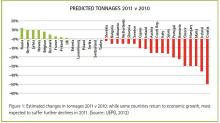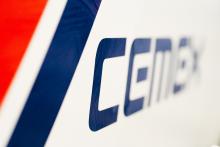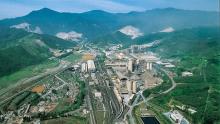Recycling and resource management company
The fuel will be produced by processing residual commercial waste in a new, purpose-built facility at Ridham Docks in Kent. Once processed, the SRF material will be used as a fossil-fuel replacement at Cemex’s cement production facility in Broceni, southern Latvia.
Speaking about the contract, Andy Hill, head of organics and alternative fuels at SITA UK, said: “We have invested over £6 million (€7.52 million) developing a new processing facility to produce and bale SRF at Ridham. This brand new, purpose-built facility was commissioned in August and we are sending our first shipment to Latvia in September.
“We are producing SRF to a detailed specification, which is required for cement kilns. We are using residual commercial waste which has a higher calorific value and lower moisture content than municipal waste. During processing we remove recyclables such as metals along with materials that are unsuitable for cement kilns such as bricks and concrete. The remaining material is then shredded and baled.
“The new facility will enable us to process up to 50 tonnes of material per hour and we will be able to extract more recyclables.
“By locating the processing facility at Ridham Docks, we are also cutting down on the need to transport the material in the UK as we can load bales directly onto ships from our facility.”
SITA UK has a one year trans-frontier shipment permit to export the SRF to Cemex in Latvia.
Commenting on the partnership, Enrique Garcia, chief executive of Cemex in Latvia, said: “The usage of alternative fuels (AF) is an integral part of our sustainable development strategy, and in Cemex Latvia we have been progressing very fast during the last couple of years in reducing our dependence on fossil fuels. Currently, more than half of our calorific consumption in the kiln comes from AF, and this agreement is a relevant step that will help us achieve our goals.”










